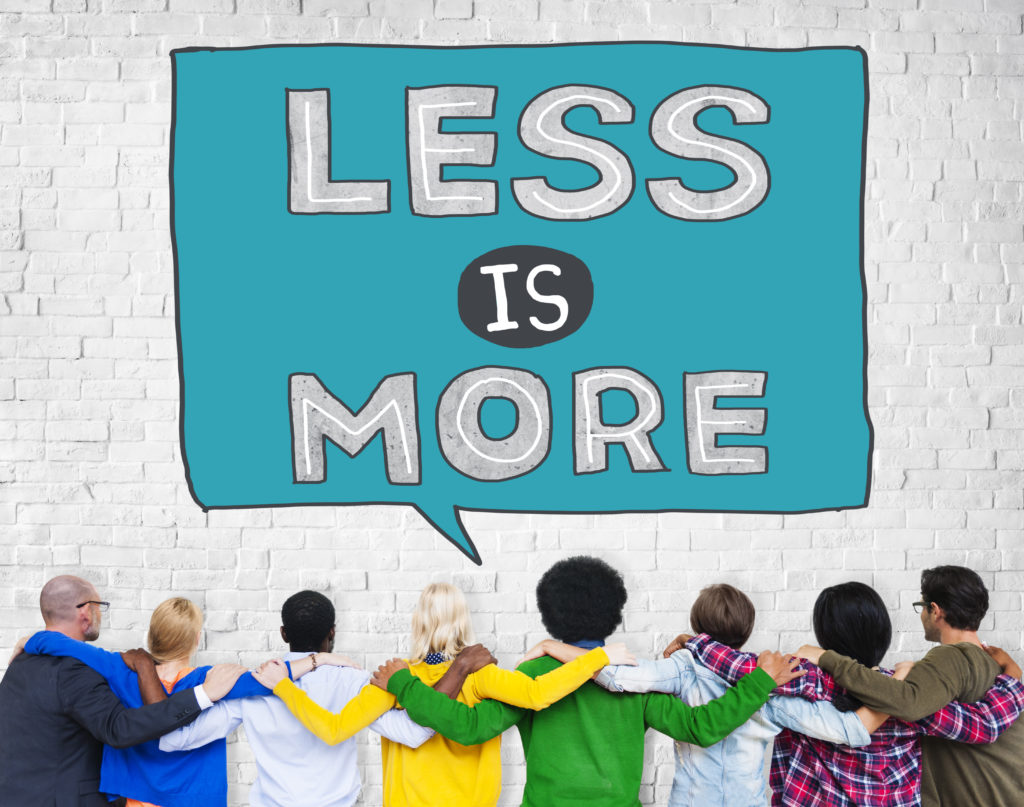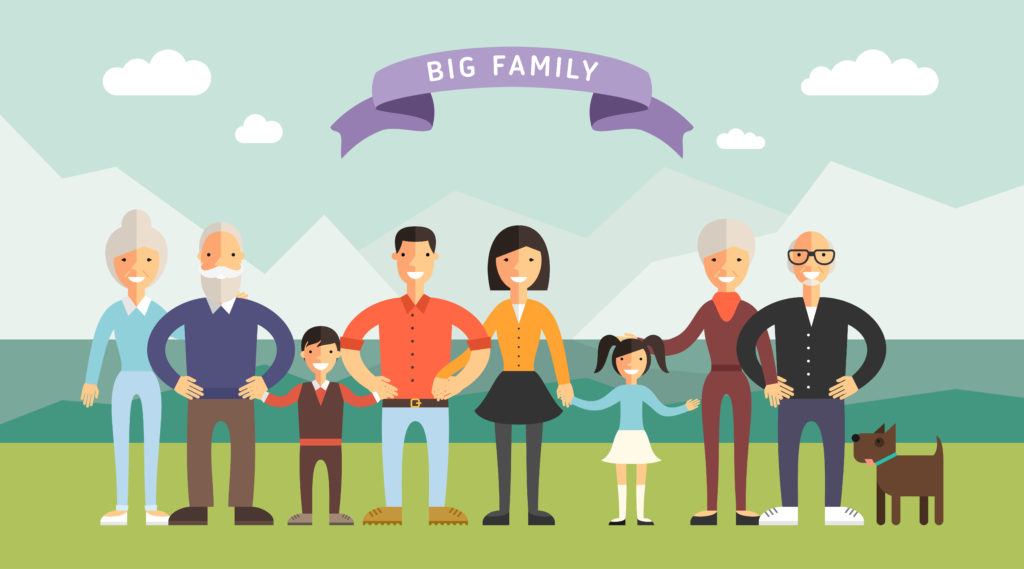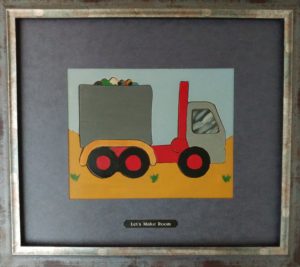When you’re downsizing your home in preparation for moving, the first question you may ask yourself is, “Can I make some money on the stuff I already own?”
Much of what you own and no longer want can probably be donated as long as it’s still usable but if it pains you to donate items to charity because of the time, money and energy you spent acquiring them in the first place, here are some questions that can help break your paralysis around the dilemma of sell or donate?
Is it valuable?
Sometimes the easiest way to find out is to do a little internet research on sites that sell similar items to see if any have sold recently and for how much? Be careful to check sold listings not just items for sale. If there is a glut of similar items on the site, chances are they are waning in popularity. You can check online auction sites such as e-bay, Etsy, Amazon or Shopify. Another option is to get a formal appraisal but since this often is fee-based, consider it for items that you know have high value such as fine jewelry, furs or collectible art but not sure how much.
Is it an antique?
Just because something is old, does not mean it necessarily has value. Value is determined by how much a particular item demands in the marketplace now. Just because you love it, or your parents spent a fortune on it, doesn’t mean it has value in today’s market. One notable category for this is antique furniture, unless it was manufactured in the 1950’s and 1960’s. Mid-century modern furniture is particularly popular for the millennial generation of new buyers, those in their twenties and thirties now or those born in the twenty years after 1980. Consider the fact that today’s young couples probably have no interest in either your grandmother’s china (unless it’s microwave and dishwasher safe), that early-19th century loveseat you bought at auction or those fabulous matching suits you wore during your career in the 80s and 90s.
Is it in excellent condition?
If it’s worn, torn, stained, faded, damaged, needs more than a minor repair to make it functional or has a strange odor, chances are it won’t sell. But it could still be donated. Consider that oversized sectional sofa you have that’s just a few years old. If the fabric looks new and it’s free of damage, it still probably won’t be easy to sell unless you do so through a community sale site such as on Craigslist or NextDoor and even then you should expect to get no more than 15%-20% of your original cost. (Remember someone also has to pay to have it transported out of your home.)
Is it a collectible item?
Now here is the good news. Vintage items such as art, jewelry, toys, used sporting goods, clothing and even some vintage office supplies are in demand now. Recently a client of mine was getting rid of an old banana-seat bicycle she’d kept. Despite some metal rust and obvious wear, she was able to sell that bike for about $1,000!
Vintage is the new antique!
There are stores popping up all over now that carry a wide range of unique items that look like they were taken from a barn or a small town general store. Things like signage, county fair items, old store fixtures, barber shop poles and library card catalog drawers are finding buyers who feel nostalgic but don’t want their homes to resemble their grandparent’s homes.
If it’s clothing, is it less than 2 years old or more than 40 years old and in very good to excellent condition?
Resale of gently used designer and brand name clothing and accessories has become a big business. Sites like Thred Up and The Real Real have tapped into this market and so have brick and mortar consignment and thrift shops. But what if you have a basement or closet overstuffed with clothing you don’t want anymore that is more than two years old and maybe not quite “vintage?” In general, consignment businesses are looking for items they know their customers want now! Don’t even think about bringing in that designer linen blouse if it’s still early spring. Also, you probably won’t find a buyer for those unopened bags of clothes you ordered from online sites, unless they are designer brands, not just popular labels. If it’s a luxury item, such as a fur coat, you may be better off donating it as long as you have an appraisal or receipt that can testify to its current value.
Do I have time to do the legwork of selling?
This, more than any of the other five questions, should be the one you consider first. I left it for last because most people don’t even consider the value of their time when it comes to selling their household goods. Also, if you are planning to move in less than a month, your selling ship has probably sailed. Y0u have much more urgent things to attend to especially if you are moving into a smaller home. Selling takes time. Time to research the value of your items to price them; Time to photograph or transport items (either by car or by mail) to buying-sites; Time to respond to inquiries or be available to show prospective buyers your items if you plan to sell them locally. When your move is imminent — that is in less than 30 days — time is not what you have an abundance of and you need that time to plan your move, hire your movers, downsize what you can, pack, settle your accounts, plan your travel, meet with realtors, bankers, loan officers, etc. If you have the time, then use it wisely. If not consider hiring a professional organizer or move manager to help.
Focus on the items that you know have value – think vintage collectibles or luxury items that would appeal to someone who is looking for what you have.
Donate it!
If you decide to donate, don’t let finding the perfect recipient for each item get in the way of your generosity. Find charities that you can drop off items to easily and do a internet search for charities that do truck pick ups nearby of furniture or larger quantities of donated items. Keep in mind that charities that do truck pick ups, like Salvation Army, may need as much as 3-4 weeks notice. They also have the discretion to refuse your items if they are not in usable condition. Be sure to have a Plan B if this happens such as arranging for a hauler or recycler who will dispose of your items responsibly.
In short, if you are moving or selling your home, and want to minimize your stress, try not to let the small decisions get in the way of the big ones!









